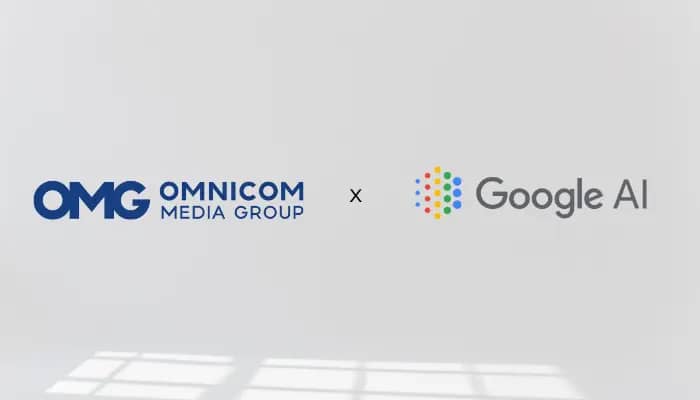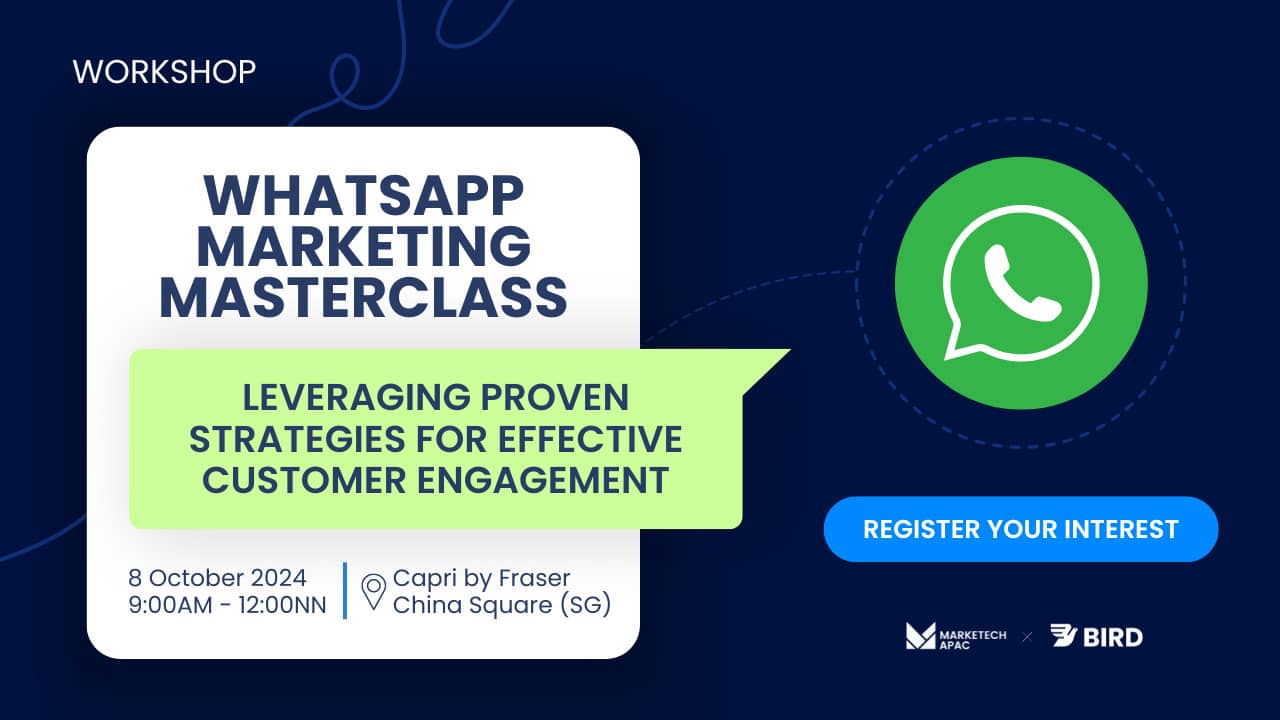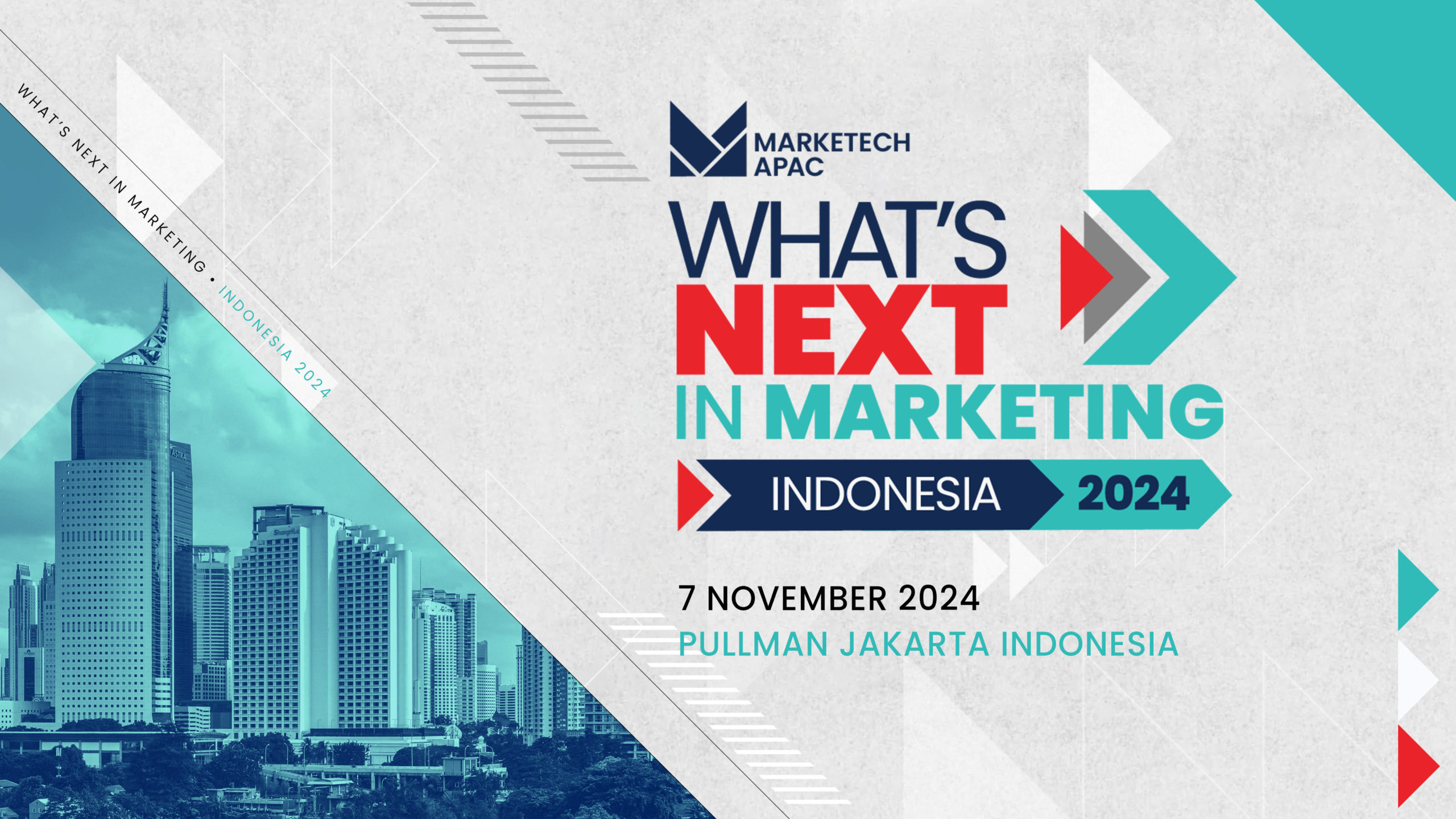Singapore – Tech giant Google has introduced confidential matching, a new way to allow advertisers to securely connect their first-party data for measurement and audience solutions. For Google, this marks the first use of confidential computing in its Ads products, and that they plan to bring this privacy enhancing technology to more products over time.
According to Google, the use of confidential computing means added protections for their customers’ information that are secure by default. Other technical assurances include transparency into a product’s code and the ability to receive proof, known as “attestation,” that data is processed as intended.
Moreover, they have also highlighted how technologies like confidential computing, which use special software and hardware known as Trusted Execution Environments (TEEs), unlock new ways for businesses to use their first-party data to reach customers and measure the impact of their digital ad campaigns.
“We’re using this same confidential space technology, which has already received rigorous security reviews from third-party auditors, as the technical foundation in Ads for confidential matching,” Kamal Janardhan, senior director of product management and measurement at Google, said in a recent blog.
Janardhan added, “In line with our privacy principles, we’re committed to making confidential computing and other complementary technologies accessible to everyone. That is why confidential matching will be available at no additional cost to customers.”
Google also stated that they will also share their TEE architecture along with a few open source examples to help others build confidential solutions. Moreover, they will also continue to work alongside others in the ads industry to further adoption of and build standards for this privacy enhancing technology.
With this solution rollout, the confidential matching is now the default for any data connections made for Customer Match including Google Ads Data Manager. For advertisers with very strict data policies, it also means the ability to encrypt the data themselves before it ever leaves its servers.
“In the coming months, we’ll continue to roll out encryption support in confidential matching globally. We also plan to expand our use of confidential matching across more of our advertising solutions. For example, in the next few months enhanced conversions implemented with the Google tag will start rolling out first-party data processed with confidential matching. Processing will happen behind the scenes, without changing how you measure conversions or manage your Google tag,” Janardhan explained.
The confidential matching follows Google’s abandoning plans to sunset third-party cookies, with a large chunk of APAC industry leaders already stating that they are doing their own part to move towards privacy-centric advertising measures. Moreover, this also comes in line with Google’s ongoing antitrust trial by the United States’ Department of Justice over Google’s control on web adtech market.


















